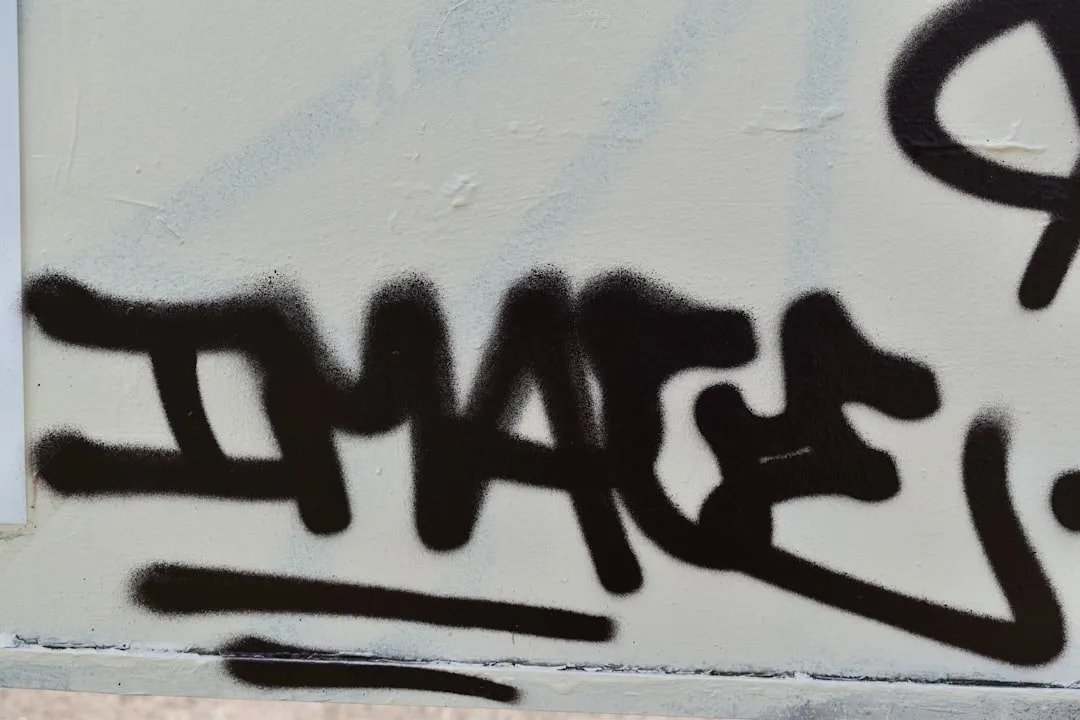Kratom, legal in Indiana but regulated federally, shows promise for addiction treatment despite mixed research. Residents must understand local laws and seek medical guidance due to kratom's risks, including dependence and severe side effects. Safe use requires caution and professional supervision, especially with other substances.
“Uncovering the potential of Kratom as a natural tool for addiction treatment and recovery. While the legality of Kratom varies across states, including Indiana, where it’s important to understand its status, this article explores how this herb could aid those seeking freedom from substance abuse.
We’ll delve into ‘Understanding Kratom,’ examining its role in managing cravings and withdrawal symptoms. Additionally, we’ll discuss the current legal landscape of Kratom in Indiana and provide insights on safe usage, alongside potential risks to consider during the recovery journey.”
- Understanding Kratom: A Natural Alternative for Addiction
- Kratom Legality in Indiana: What You Need to Know
- Safe Use and Potential Risks of Kratom in Recovery
Understanding Kratom: A Natural Alternative for Addiction

Kratom, derived from the tropical tree Mitragyna speciosa, has gained attention as a potential tool for addiction treatment and recovery. Often touted as a natural alternative, kratom works by interacting with opioid receptors in the brain, offering a range of effects that can aid those struggling with substance use disorders. It’s important to note that while kratom is considered legal in many states, including Indiana, its regulation varies widely, so it’s crucial for individuals considering its use to understand local laws and seek professional guidance.
In terms of addiction treatment, kratom advocates suggest that it can help reduce cravings and provide a sense of calm, making it useful for managing withdrawal symptoms. However, research on its efficacy is still evolving, with some studies showing promising results while others remain inconclusive. As with any substance, proper use under medical supervision is essential to avoid potential side effects or risks associated with misuse.
Kratom Legality in Indiana: What You Need to Know

In Indiana, the legality of kratom is a topic that requires careful consideration. While kratom has gained popularity as a natural alternative for addiction treatment and pain management, its status varies across states. In Indiana, kratom is currently legal at the state level, meaning it is not explicitly banned or regulated. However, it’s crucial to understand that federal laws may differ, with the Drug Enforcement Administration (DEA) considering kratom a Schedule I controlled substance. This means that while possession and use of kratom are legal in Indiana, distribution and sale without proper licensing could lead to legal consequences under federal regulations.
It’s essential for residents of Indiana to be aware of their rights and responsibilities regarding kratom. Local laws and law enforcement interpretations can change, so staying informed is vital. Additionally, seeking professional medical advice before incorporating kratom into an addiction treatment plan is recommended. This ensures a safe and effective approach, as healthcare providers can guide individuals on the appropriate dosage and usage, especially when considering its potential interaction with other medications.
Safe Use and Potential Risks of Kratom in Recovery

Kratom, a natural substance derived from the leaves of the Mitragyna speciosa plant, has gained attention as a potential aid in addiction treatment and recovery. While it shows promise in helping individuals manage cravings and withdrawal symptoms, safe use is paramount. In Indiana, where kratom’s legal status varies across counties, understanding its risks is essential for those considering its use.
Despite its growing popularity, kratom is not without potential hazards. Short-term effects may include increased energy, mood elevation, and improved focus, but prolonged use can lead to dependence and tolerance. There are also reports of adverse reactions, ranging from gastrointestinal issues to psychotic episodes. Additionally, combining kratom with other substances, especially opioids, can be dangerous and even life-threatening. Therefore, individuals in recovery should approach kratom with caution, ideally under medical supervision, and always seeking guidance from healthcare professionals to ensure its safe and effective use as a complementary tool in their addiction treatment journey.
Kratom holds promise as a natural alternative for addiction treatment, but its legality in Indiana must be carefully considered. While some states have legalized it, Indiana currently classifies kratom as a controlled substance. Despite this, many individuals are turning to kratom to aid in recovery, emphasizing the need for further research and access to safe, regulated products. Understanding both the benefits and risks is crucial before incorporating kratom into an addiction treatment plan. Always stay informed about local laws regarding kratom’s legality, especially in Indiana, to ensure a safe and effective journey towards recovery.














